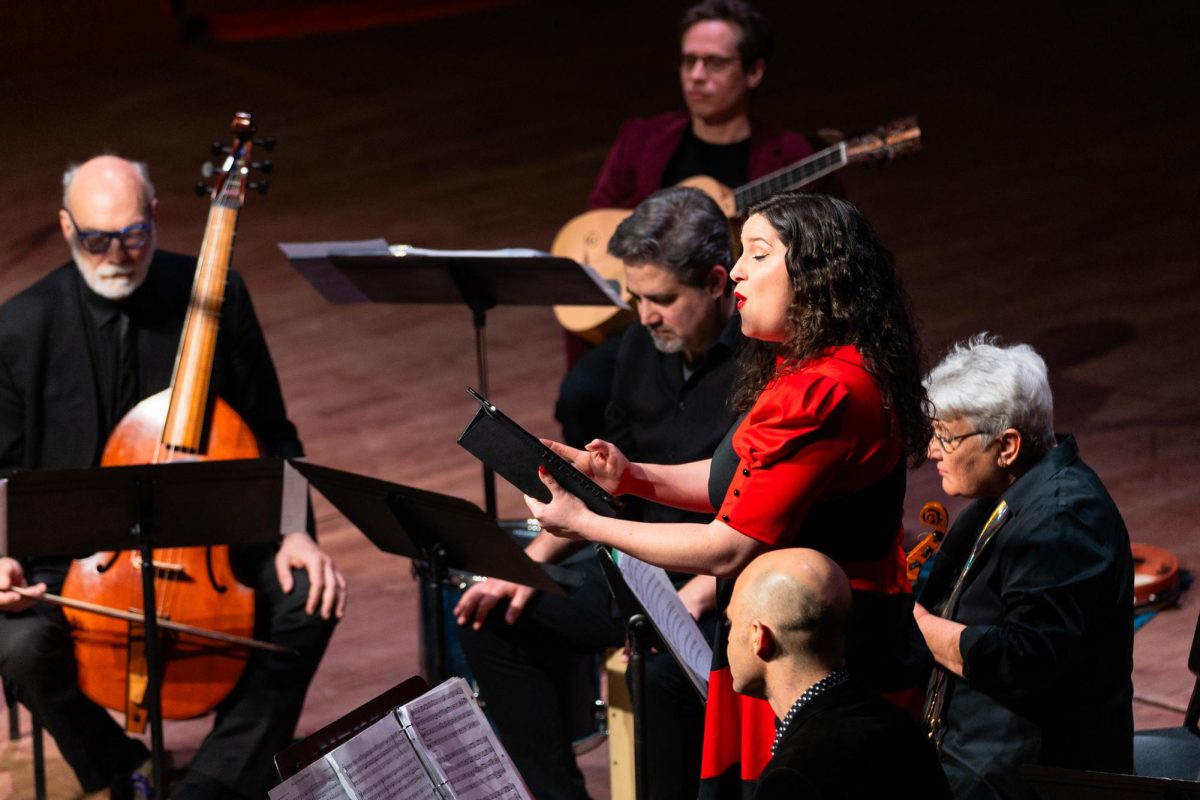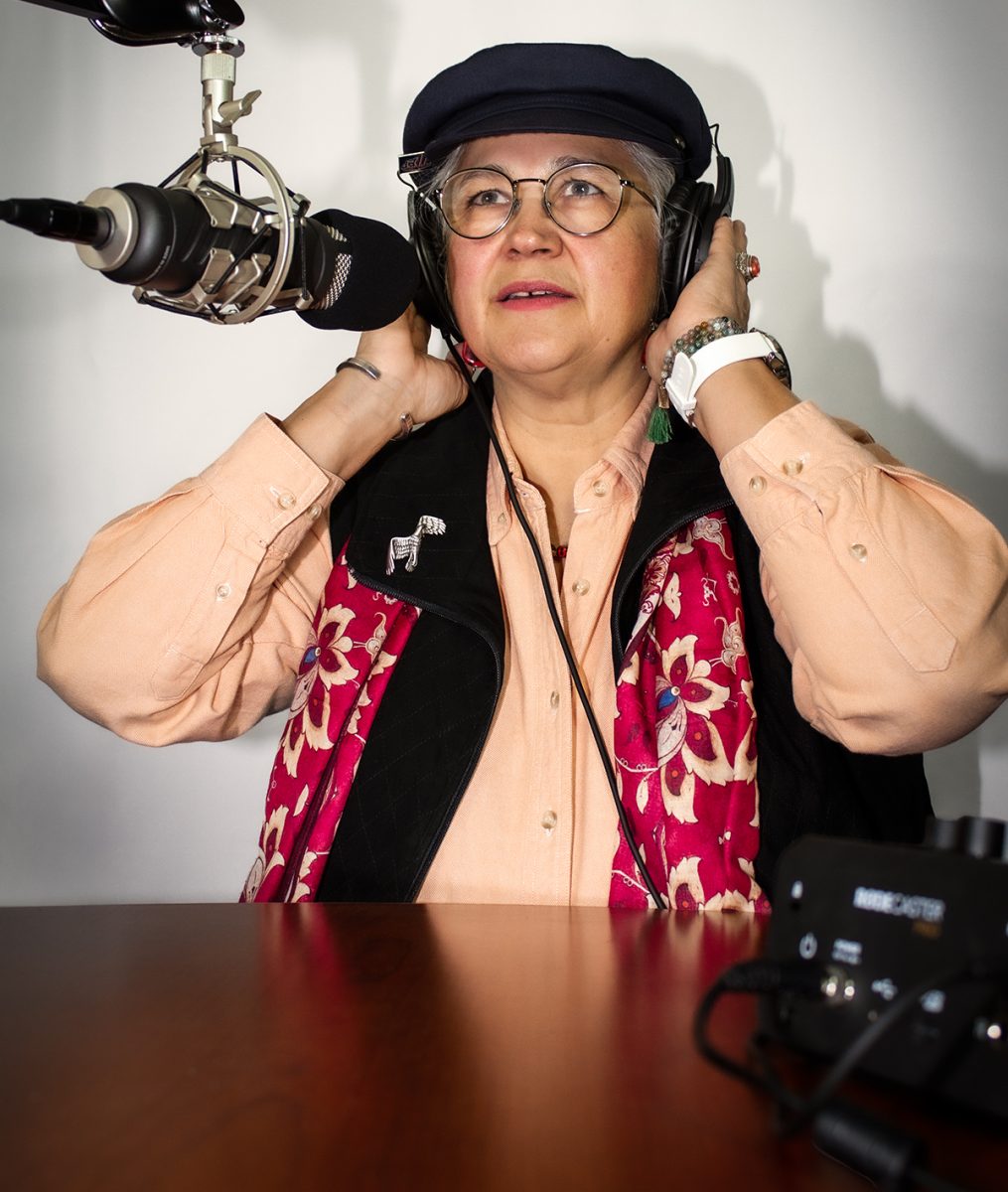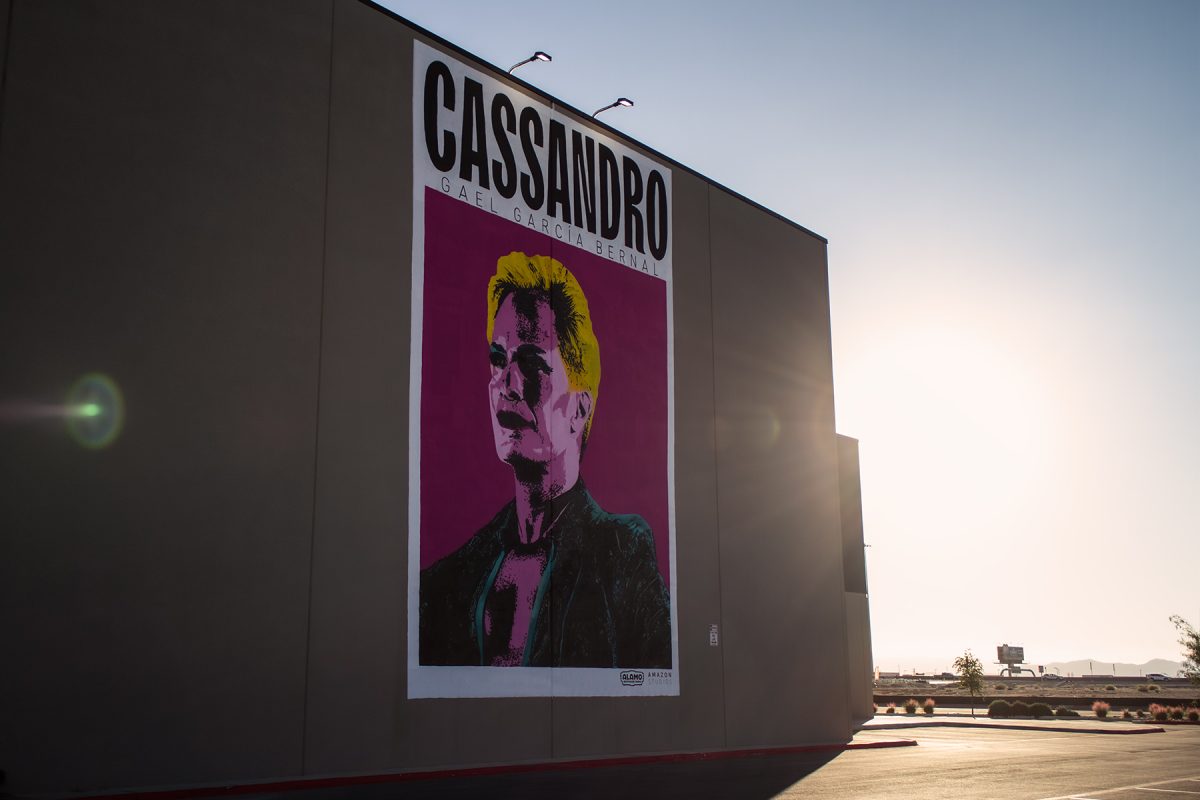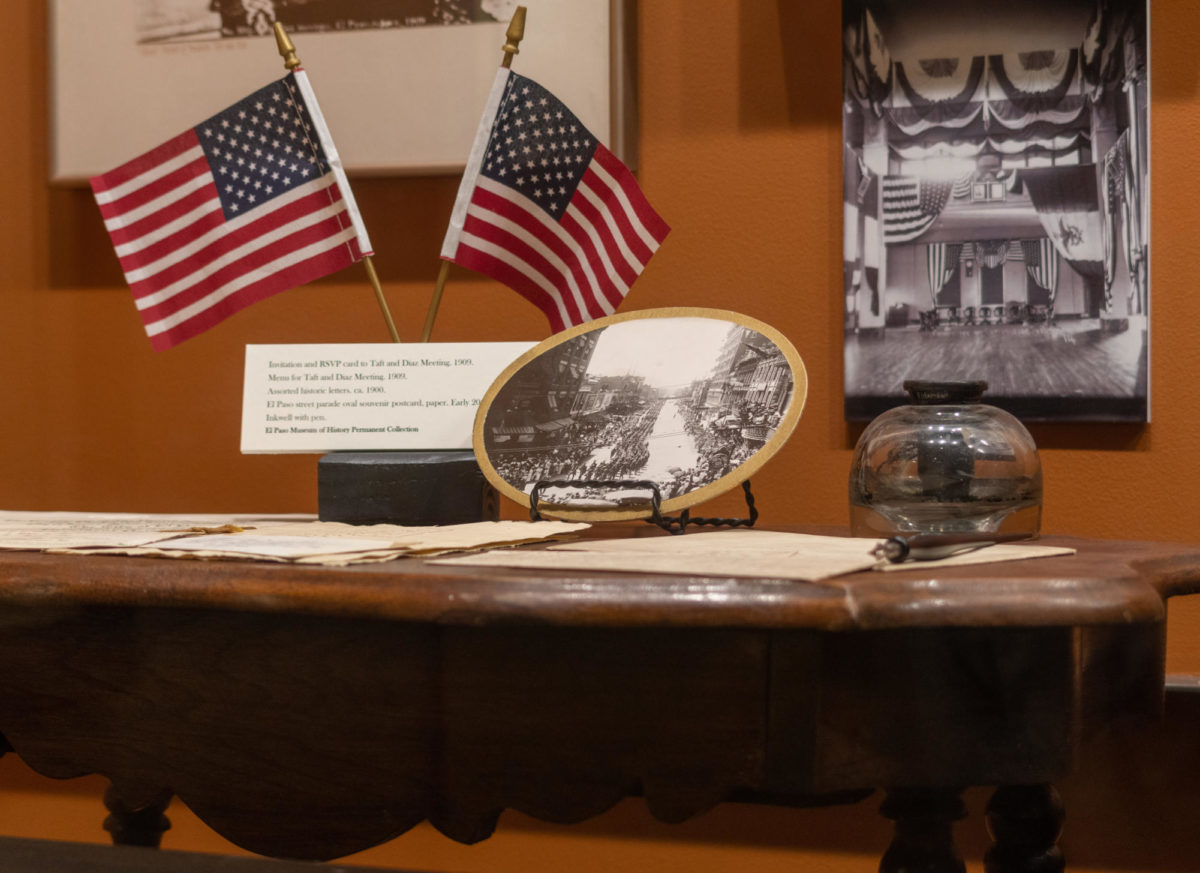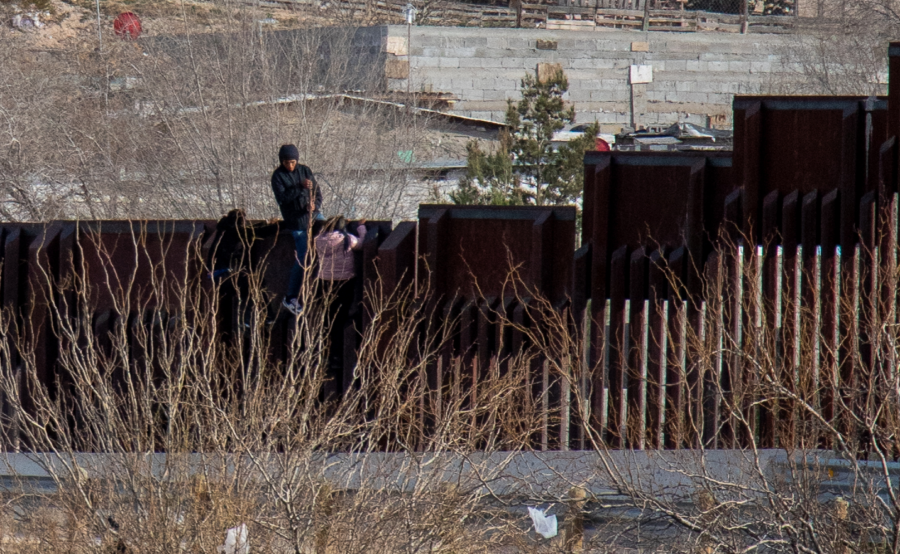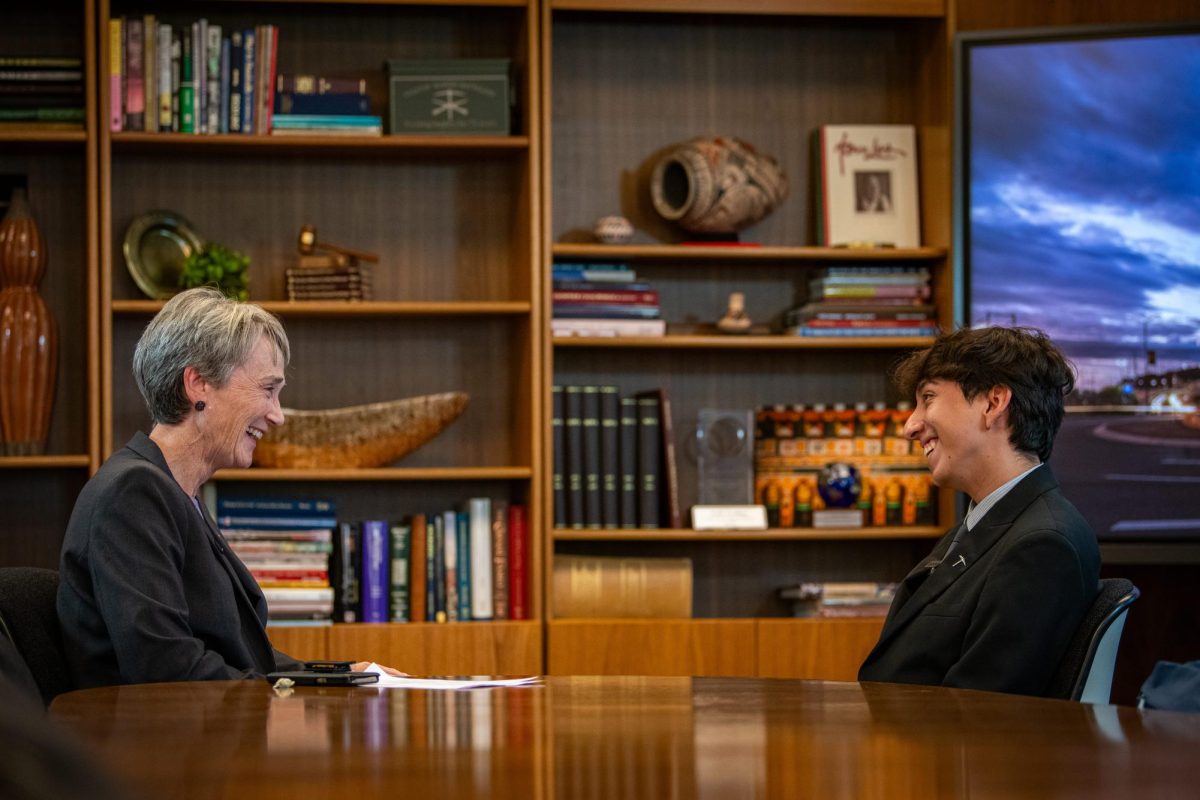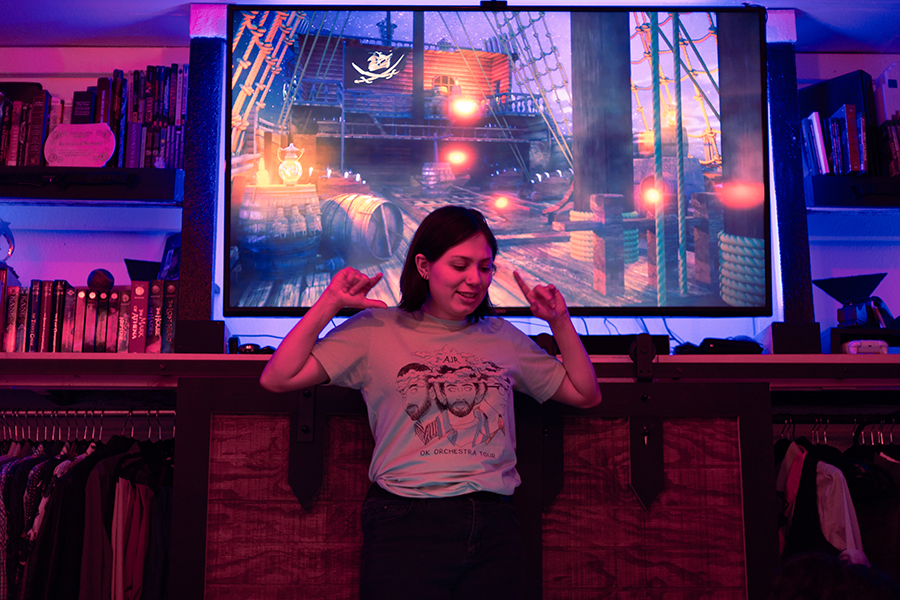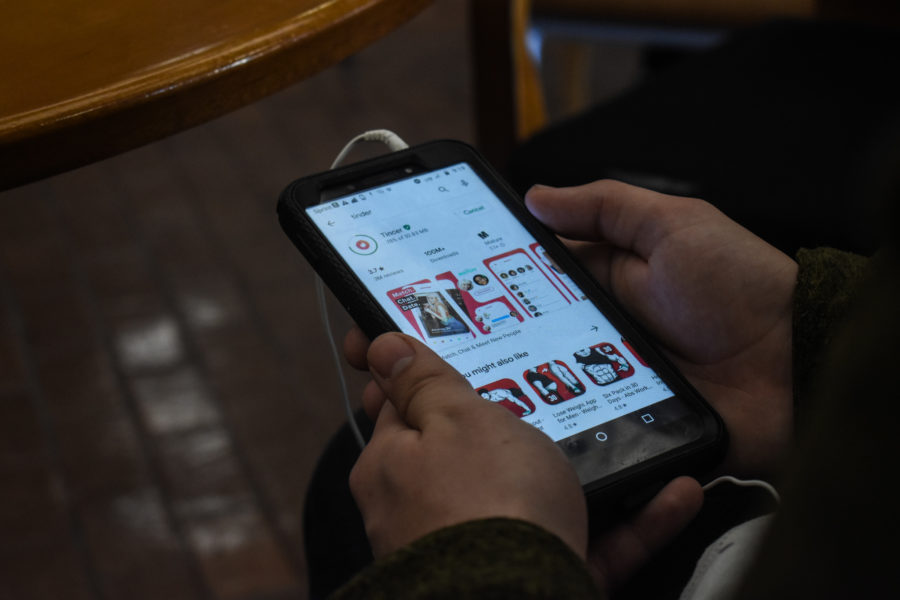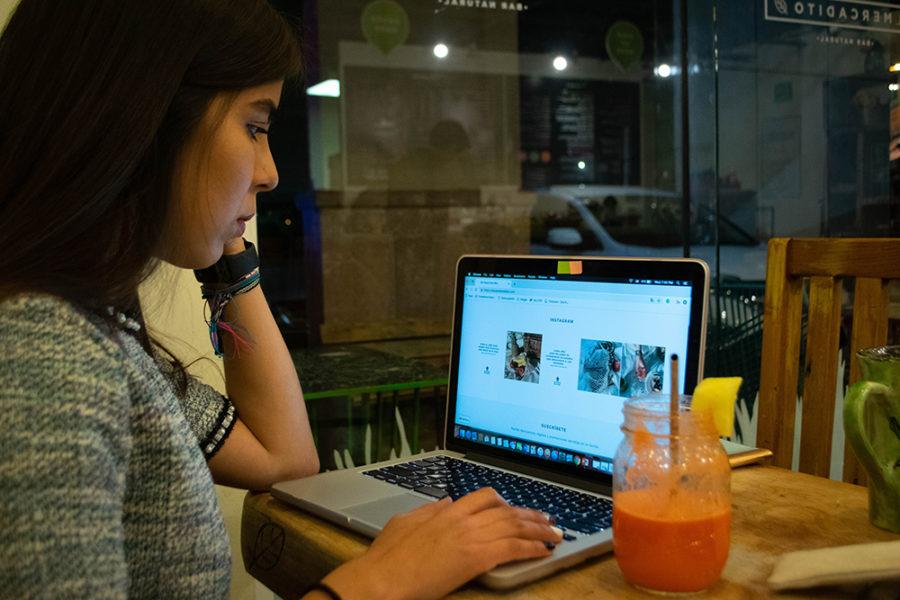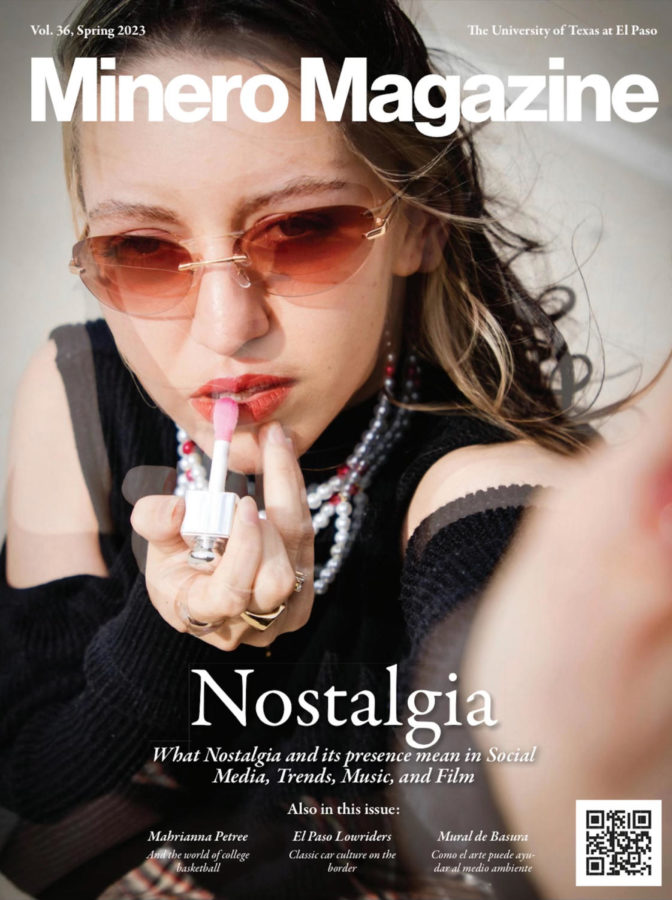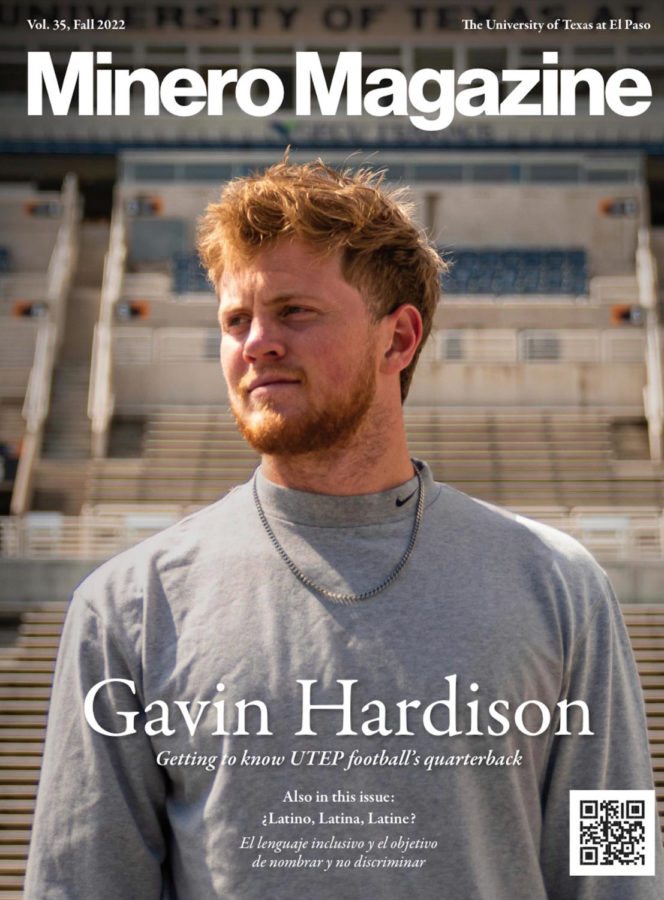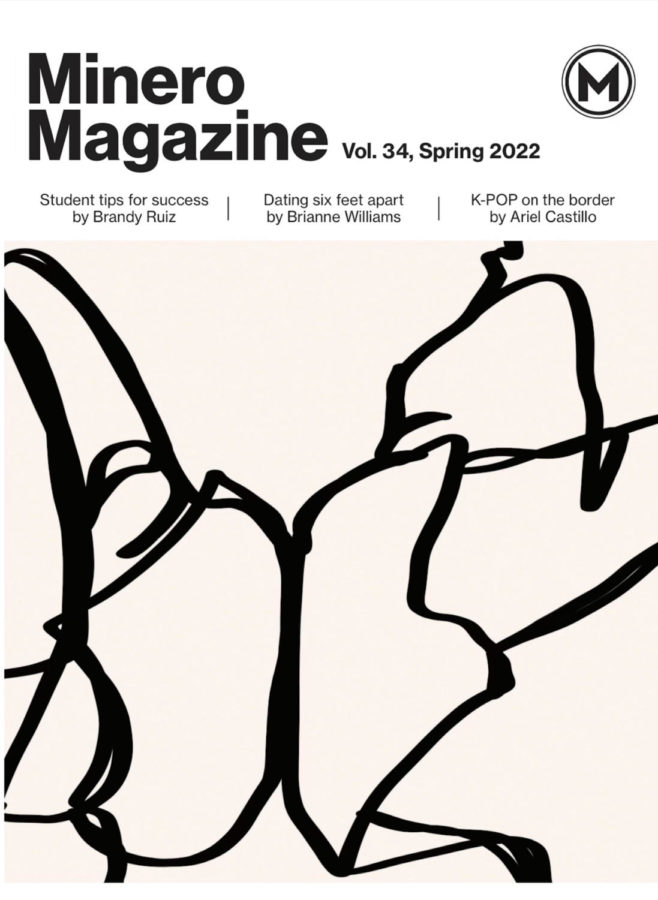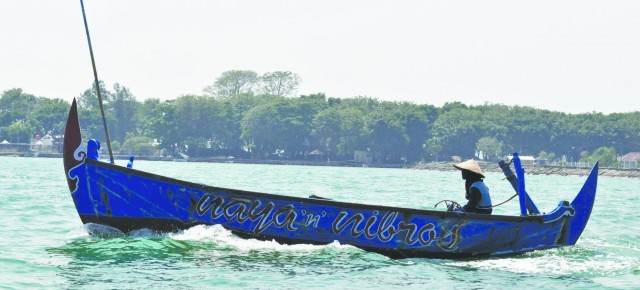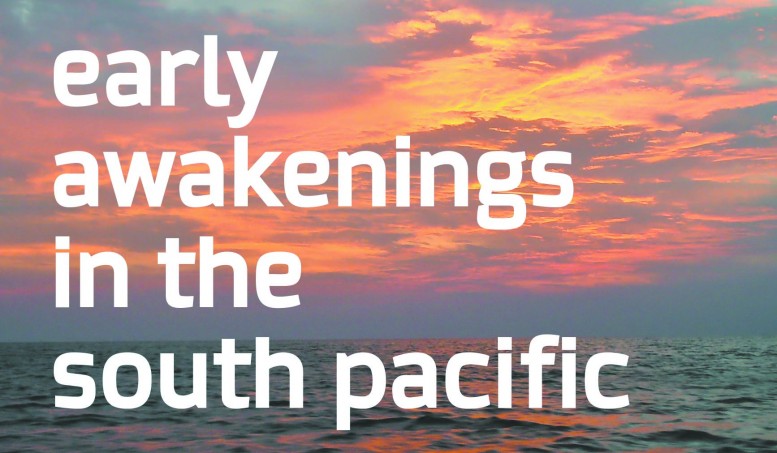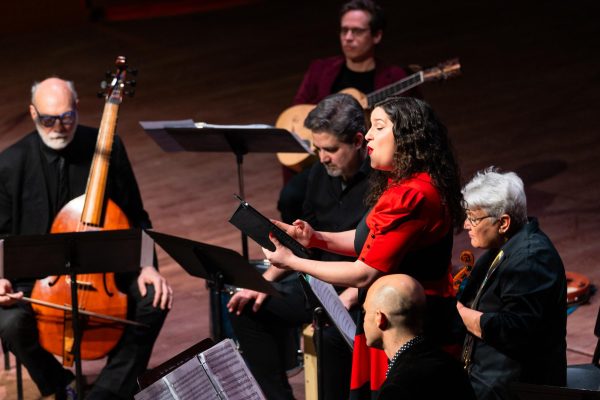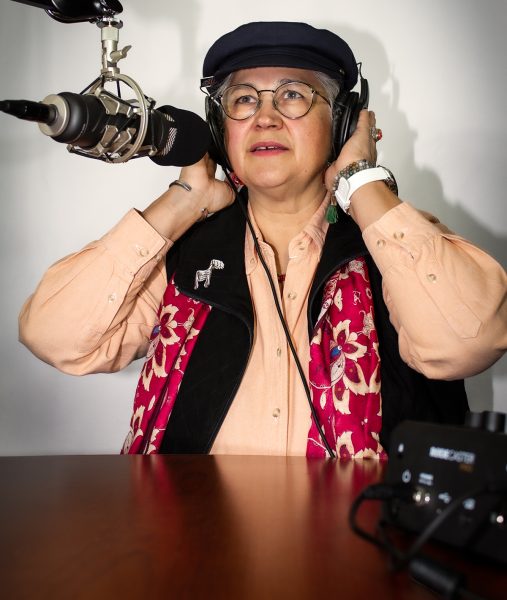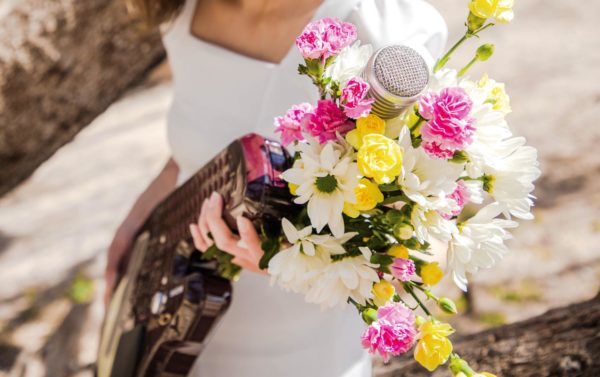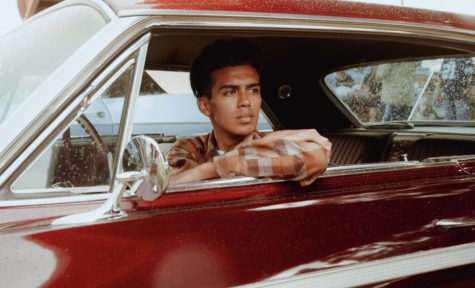Early awakenings in the South Pacific: A student’s month-long account of his stay in Indonesia
February 13, 2013
Foreign hymns played as I slowly opened my eyes to an unfamiliar setting. I was wearing the clothes and fatigue from the previous day, and I found myself questioning if I had really traveled for three days to get to the other side of the world. While jet lag was quite unpleasant, I was amazed to find myself studying abroad in Indonesia.I had never imagined traveling to Indonesia, and being there was truly surreal. Throughout my 30-day stay, I witnessed many interesting and intriguing events. Some I had previous knowledge of, but experiencing them firsthand was a completely different ordeal.
What intrigued me the most were the 30 days of eating rice, the one dish that accompanies every meal, the 30 days of listening to their
melodic prayers five times a day, and the 30 days of experiencing life-changing events that made me reflect upon my own previously sheltered life. To a point, I saw myself as the protagonist from “Eat, Pray, Love,” except I’m a 20-year-old male, who wasn’t looking for love, and if I were to create my own adaptation of this book it would be entitled “Eat, Pray, Live.”
Eat
My first experience in this foreign country was the cuisine. I knew better than to expect a burger with fries on the side, but I never thought I would be eating rice with every meal. Now, they do have two different styles of rice, nasi goreng (fried rice) and Nasi putih (white rice), but when you eat the same dish three times a day for an entire month, it becomes quite monotonous.
Although my experience with rice was not the best, there were other dishes that I thoroughly enjoyed. One of them was mie rebus (boiled noodles). There’s not much to a bowl of noodles with a poached egg on top, but the spices they used really reminded me of the spicy dishes I found at home. However, when it came to foods with a sweet taste, theirs were quite unusual.
I’ve never been a fan of avocado, or alpukat as they would say in Indonesia, but I am a fan of trying new flavors. Therefore, I courageously tried their famous avocado juice. The outcome was a mixture of disgust and misery, which then lead to a series of facial expressions that obviously reflected that I did not like the juice. In the group I traveled with, I was the only one who did not enjoy this extravagant juice. I guess I expected some hint of sweetness or chocolate swirls in the juice, but the taste was nothing more than four avocados blended together with maybe a handful of ice.
Along with the avocado juice, there was also an avocado donut. I do not like tripping over the same rock twice, so I ditched my brave philosophy of trying new dishes.
Aside from the avocado, there were other unusual fruits I tried. One of the most infamous was the durian, a big yellow fruit with a thorn-covered husk and a unique, yet repugnant odor. I would often see signs that forbid the possession of durian due to the smell they leave behind. Nonetheless, I had to try it. Although it stinks, the taste wasn’t as bad. It was just sweet; I think the closest comparison would be kiwi.
Wondering what was in my food occurred way too often, even the tangy orange juice I had every morning. Despite the fact that not every dish seemed trustworthy, I would wake up each morning looking forward to my next meal. I can never say no to food.
Pray
Every morning I would be awakened at 4 a.m. The call to prayers would slowly wake me up as they went out to the public on the speakers around the city. Salah, the practice of formal worship in Islam, had begun. For Muslims, which make up 80 percent of Indonesia’s population, Salah is set at fives times a day. The first is at dawn (4:30 a.m.), then at midmorning (9 a.m.), followed by noon, afternoon (5 p.m.) and lastly at nightfall (7 p.m.). The prayers weren’t a vexing problem, but it was unfortunate that I couldn’t understand what they meant.
Although I was unable to understand the Indonesian language, I was able to observe the Muslim tradition at its finest since Ramadan was celebrated during the month of July. Coming from a Catholic background, the celebrations of Ramadan seemed somewhat similar to those held in the Catholic religion during Christmas and Easter.
Ramadan is treated as a month of fasting in the Muslim community, which is considered to be one of the Five Pillars of Islam. During the celebration of Ramadan, many people stop eating, drinking liquids and having sexual intercourse. In this sense, it is similar to the Catholic observance of the Lenten season before Easter. The resemblance to Christmas is that they decorate, play jolly—yet annoying—songs and host parades.
It was very interesting seeing people fasting from 4:30 a.m. to 6:20 p.m., then feasting during the night. At times I would feel guilty eating during my regular times in front of them. In order for me to fully experience the culture, I decided to take on one day of fasting. It wasn’t much of a challenge, except for not being able to drink liquids, including my own saliva.
In Bali, an Indonesian province, the dominant religion is Hinduism. From one island to another, there was a drastic change in people and attitudes. In Bali, a lot of the change seemed to come from all the Australians roaming the streets, which reminded me of American tourists in Cancún or South Padre Island during spring break.
Hinduism was very intriguing to me and—being as I like to call it a religious freelancer—I was able to really appreciate it. Not only were the gigantic statues around town appealing, but also the religious beliefs such as the karma and dharma. Simply put, Hindus believe that for every action there is a consequence (karma), and that individuals must accept their place in society (dharma).
Without a doubt, the Hindu religion receives just as much commitment from its followers as the Muslim religion, especially with their offerings. Each morning I would go outside and, as I walked around the city, I would find many handmade baskets with minuscule flowers and pieces of fruit as offerings to the Hindu gods.
Mostly, I noticed that the Hindu religion creates a very moral environment. People seemed to always be happy and they would offer their best because they knew good things would come back their way.
Coming back to the United States really made me think twice about how people go about their daily life without really being grateful for what they have or giving their best to others. It made me realize that we, as Americans, are very privileged.
Live
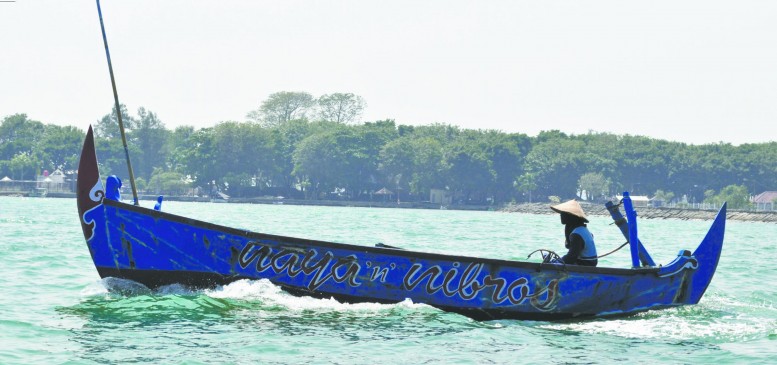
Traveling to Indonesia did not change me entirely, but it did open up my horizons. It helped me realize that I can travel wherever I please—as long as there are funds—and learn about other cultures and geographies. Change came to me in a very unexpected way. While I was in Indonesia I still felt like my normal self, but after returning home, I realized that my way of thinking was a bit different.
I no longer feared small rodents, nor did I worry about things being extremely sanitary. I also didn’t feel as needy as before. While these may seem to be minimal changes, as a whole, the experiences made me a more humble person. They also made me a more adventurous person.
While I traveled, I went on many —some might say dangerous—adventures. From swimming with sharks to journeying into the rainforest at night, where I came face-to-face with a tarantula and took a photo of it, I basically knocked a few must-do things off from my bucket list.
One of the most outrageous activities we experienced was traveling from the island of Karimunjawa on a ferry. The ride was nothing more than a roller coaster with a symphony of sick people riding on it. Everyone seemed to expel vomit in unison. The experience was harsh, especially when the sides of the ferry cracked and water began to drip in. I believe some people were even planning exit strategies. I’m not going to lie, I had one as well–leave everything and everyone behind and just swim to the top.
From life threatening to life inspiring, I also got the rare opportunity to encounter an orangutan with her infant in the rainforest. The distance between my camera and the orangutans was no more than 10 feet. It was amazing to see animals in their natural habitat with no fences and no windows limiting them from going about their daily activities.
Lastly, I got the opportunity to visit Bali and travel 28 km (about 17 miles) on a bike through the local villages, where I got to see a 500-year-old tree, taste the most expensive coffee in the world, luwak—which comes from the feces of the civet—and enjoy a breathtaking scenic ride.
Traveling for three days to spend an entire month in a foreign country, where the culture is nowhere similar to the one I’m used to, was one of the best decisions I’ve ever made. I now seek knowledge about other cultures and lands and the travel bug has definitely bitten me. I plan to leave the country once more in the near future, and I will be off to another adventure, where I hope I will engage in all sorts of activities, both exciting and frightening. And, while I’m at it, I’ll cross a few more things off my bucket list.


